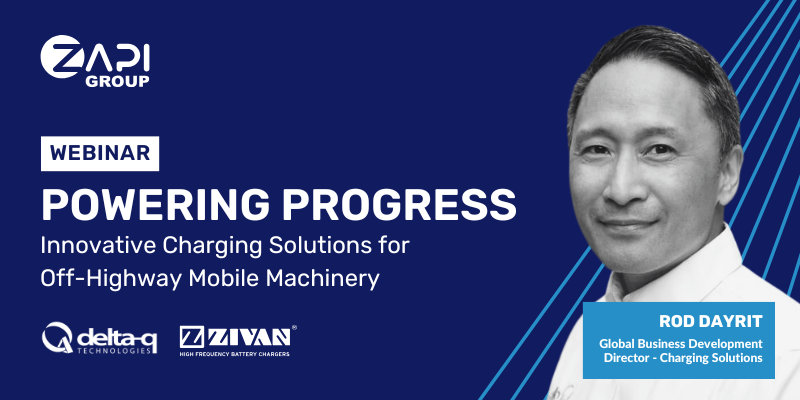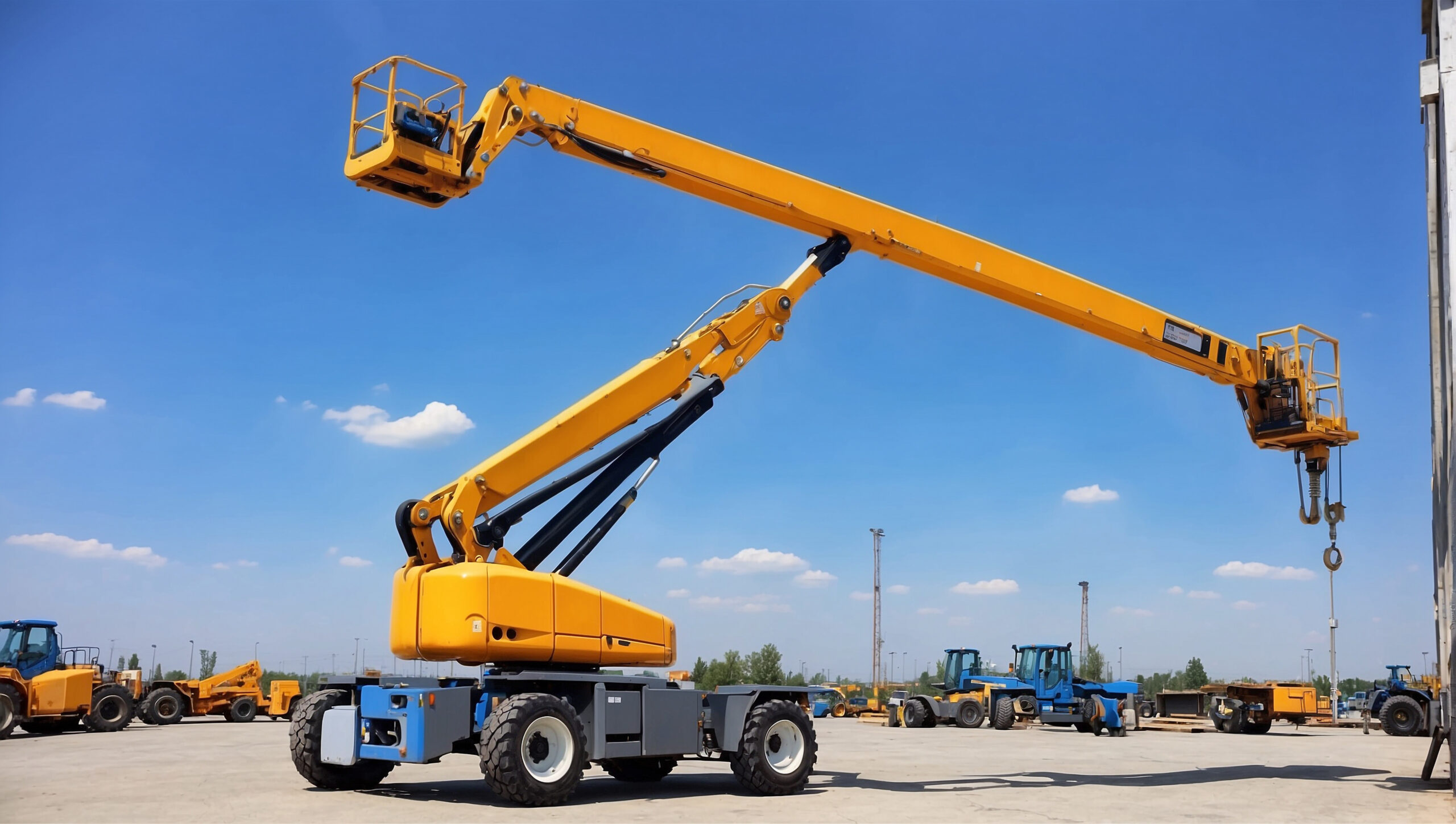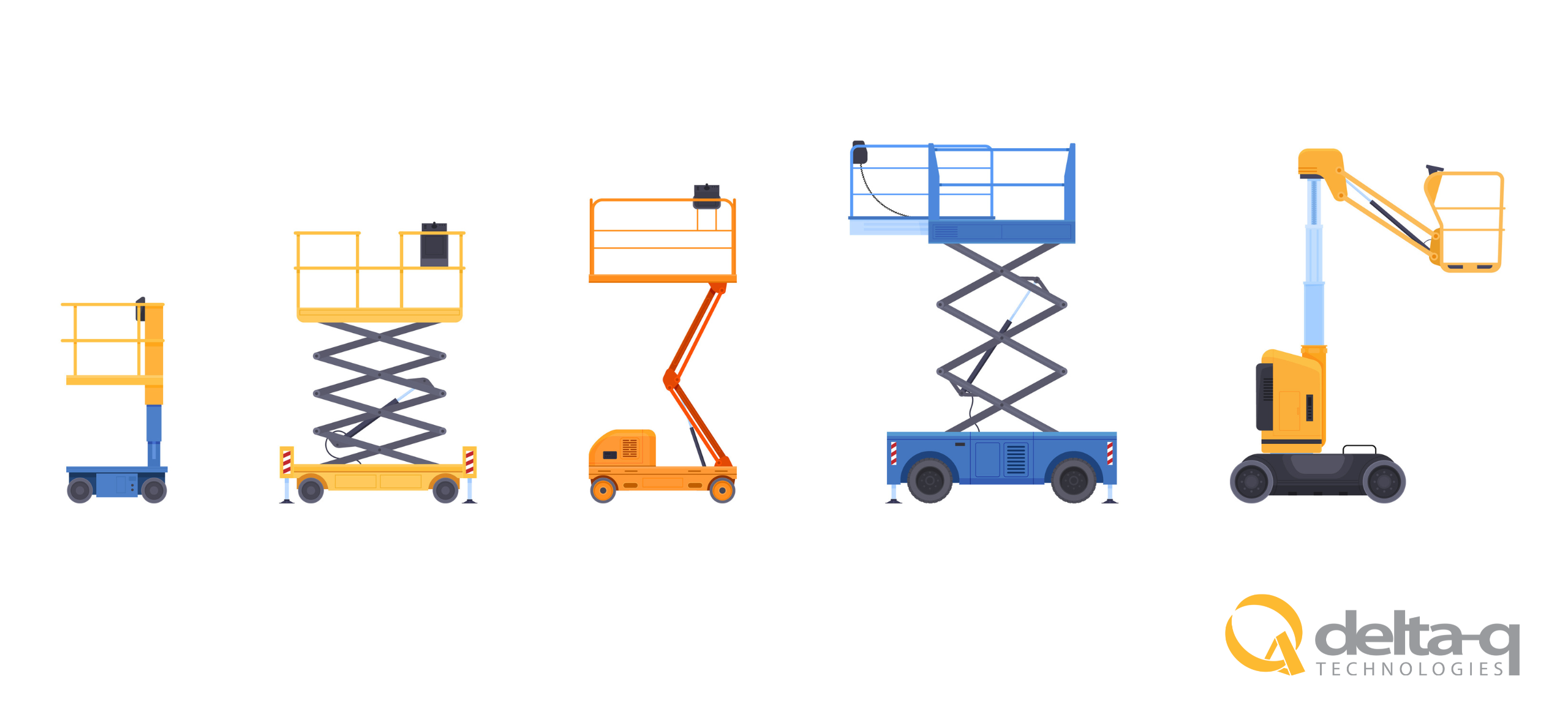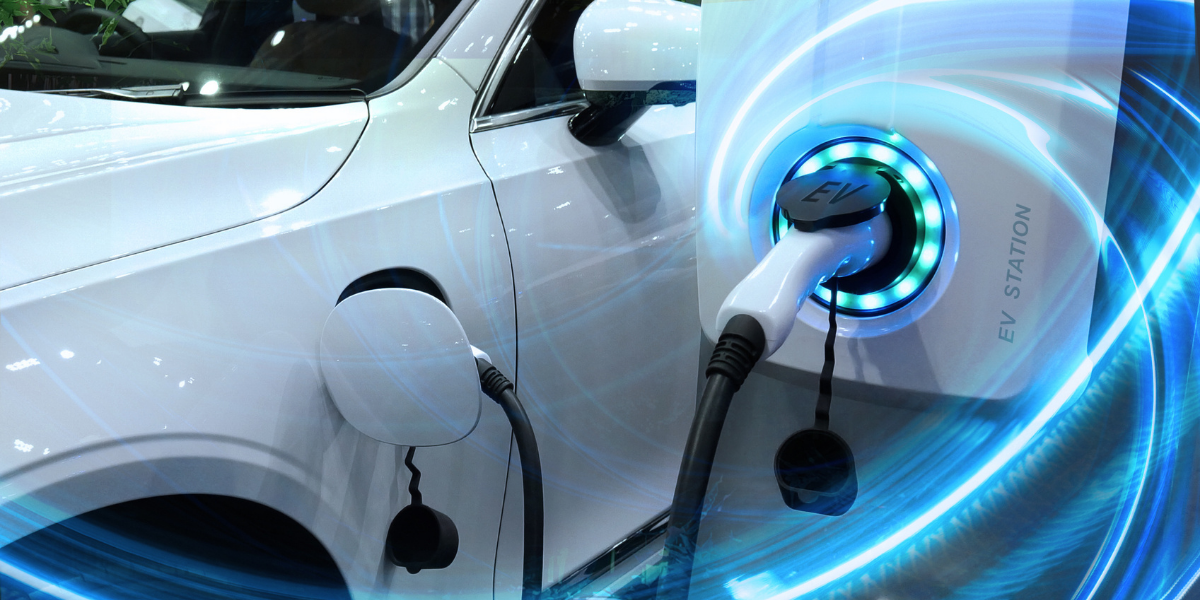
Many vehicle manufacturers are investigating the implementation of an electric powertrain as an alternative to an internal combustion engine. Electric vehicles are gaining traction and increasing in market share year over year. In 2020, electric vehicles owned 4.6% of the market share1, up from 2.6% in 20192.
When designing an electric vehicle, three of the most critical parameters in the consumer’s eyes are acceleration, top speed and range. A few considerations are needed to maximize these parameters, but it is essential to understand the basics of an electric motor first, which we will discuss in part one of this blog series.
Electric Motor Fundamentals
An electric motor is a device used to convert electric power to mechanical power (i.e. speed and torque) and is needed to move the vehicle. DC motors consist of an electromagnetic coil, which sits inside a magnetic field. When a current is applied to the coil from the battery, electromotive forces cause it to start spinning within the magnetic field.
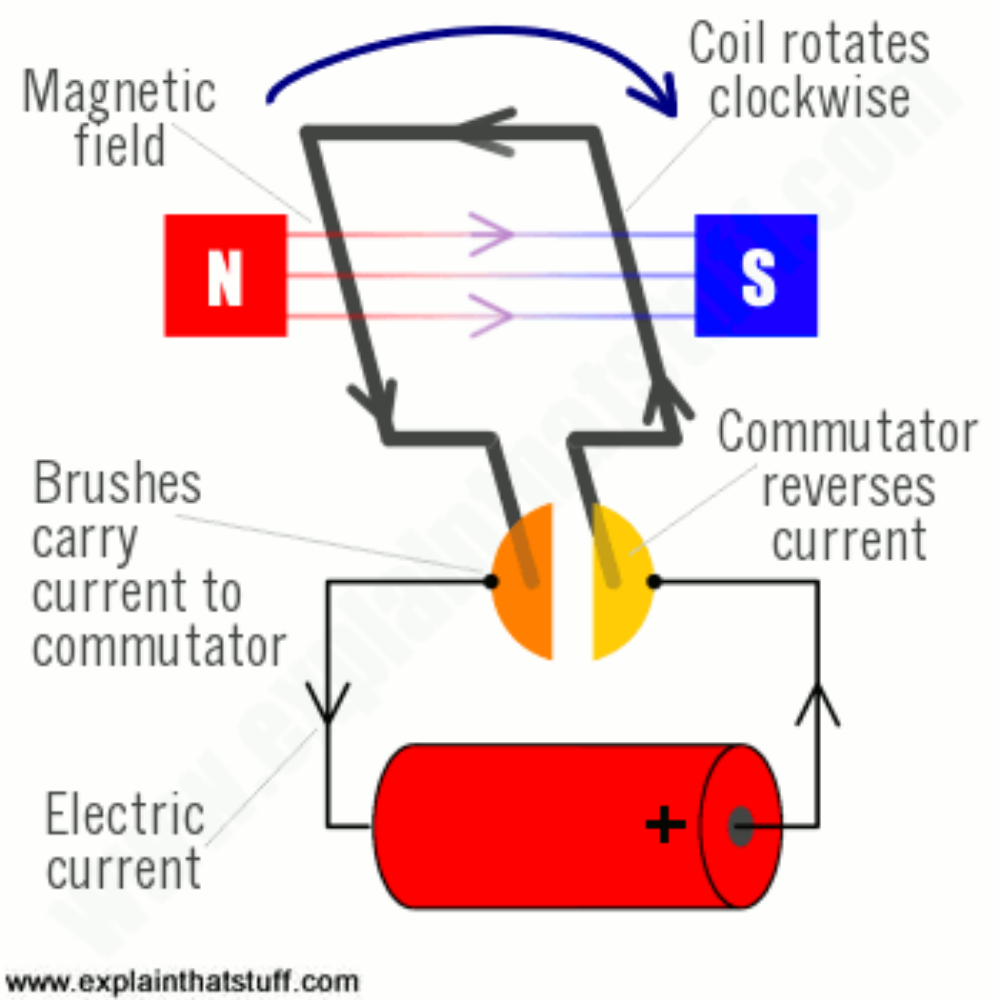
Most electric motors are rated based on the speed at which they turn (in units of rotations per minute [RPM]) and their power output (typically in horsepower [HP] or kilowatts [kW]; we will stick with imperial units of HP for our purposes). Power is directly proportional to the motor speed multiplied by the torque on the coil, which is the force on an object moving around an axis, in lb-ft:
Power (HP)= (Torque (lb-ft) x Speed (rpm))/5250
The linearity of this relationship is an important factor in the vehicle’s ability to accelerate. In our next blog post, we will discuss how power affects acceleration and top speed and how electric motors can reach much higher speeds than internal combustion engines.
For more information on electric motors, speak with a motor/controller expert like InMotion who has experience with designating and manufacturing electric motors and power electronics for commercial vehicles since the 1960s.


